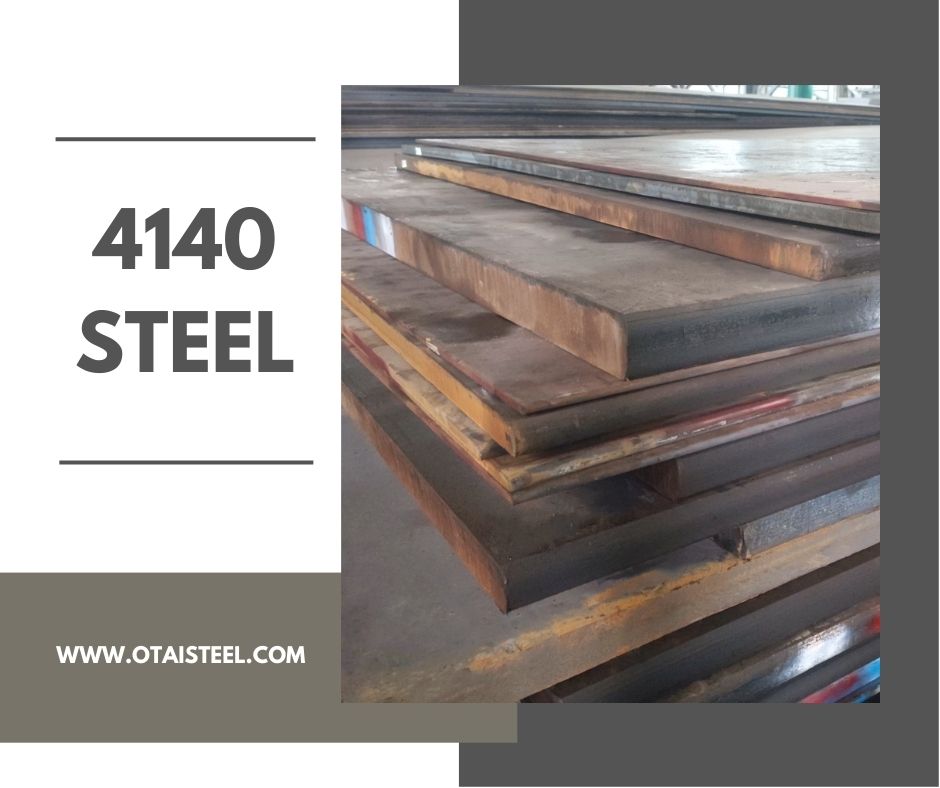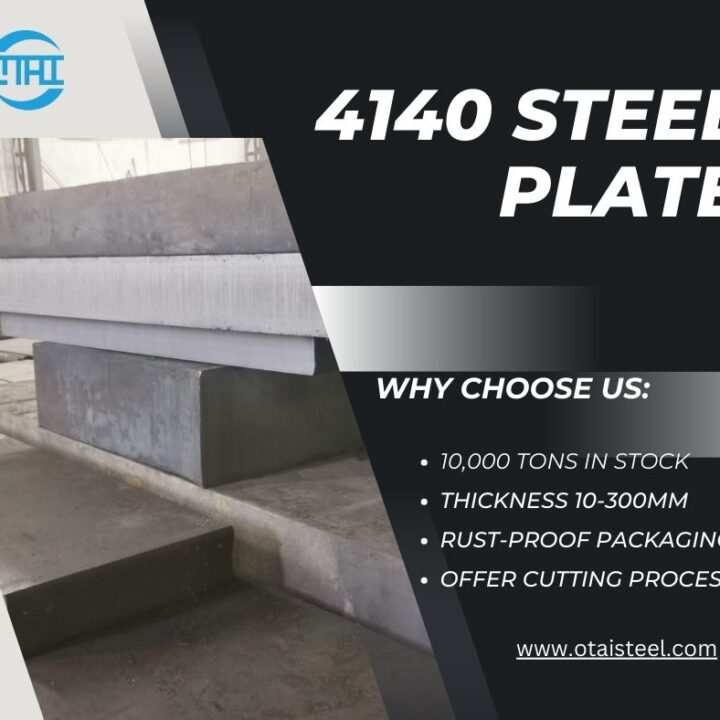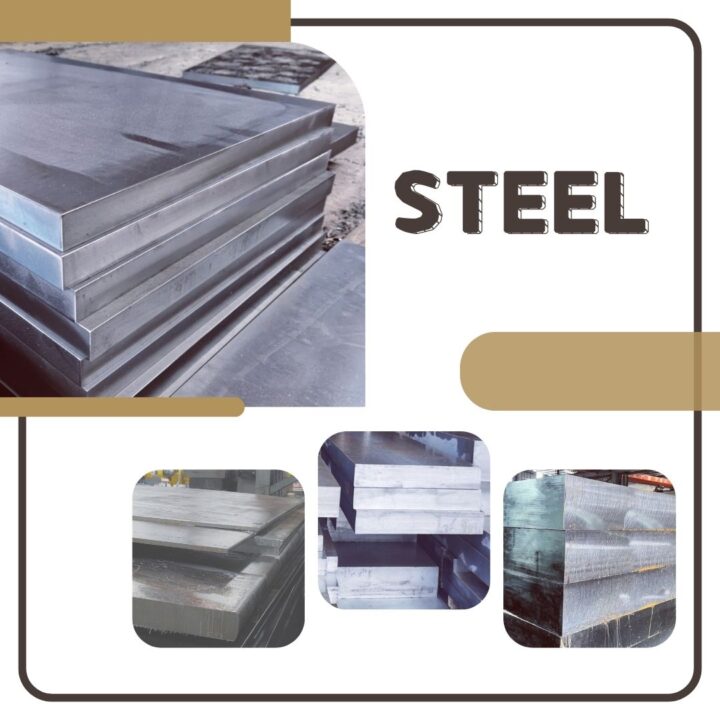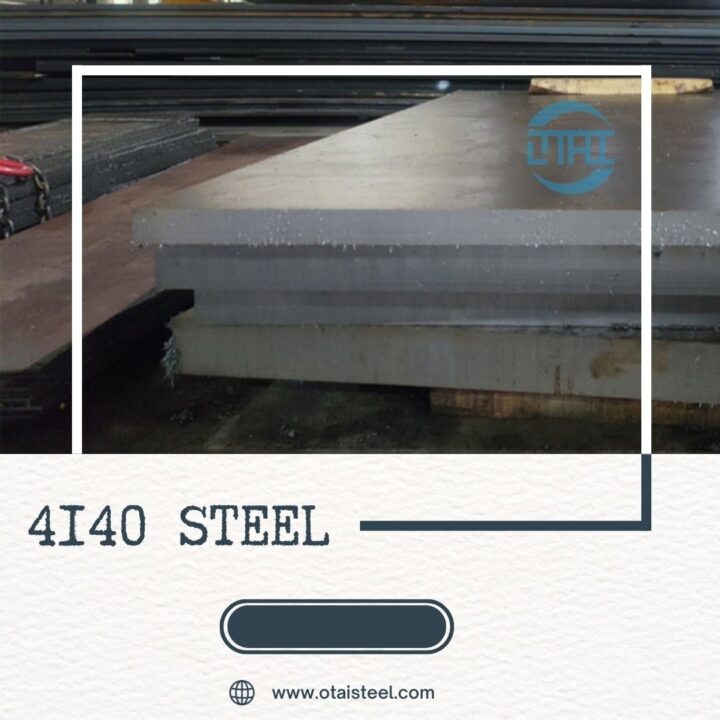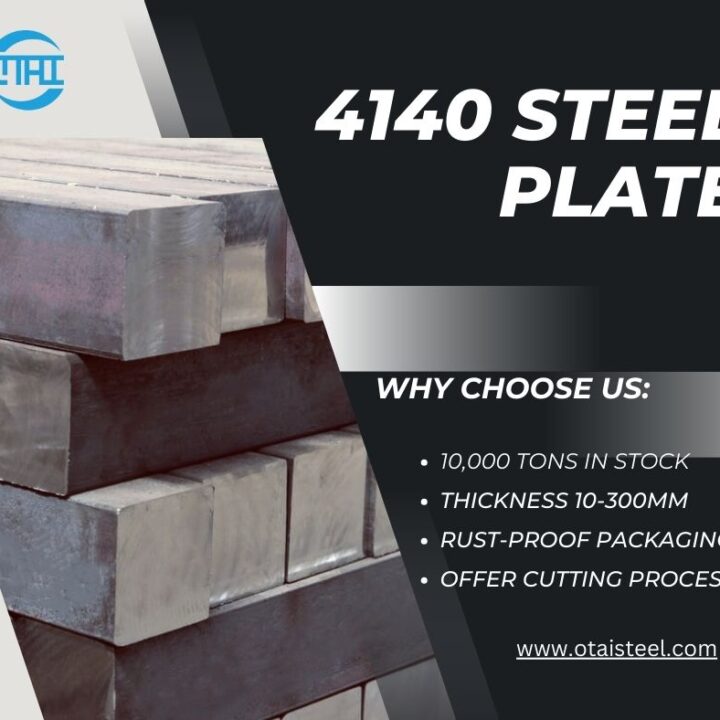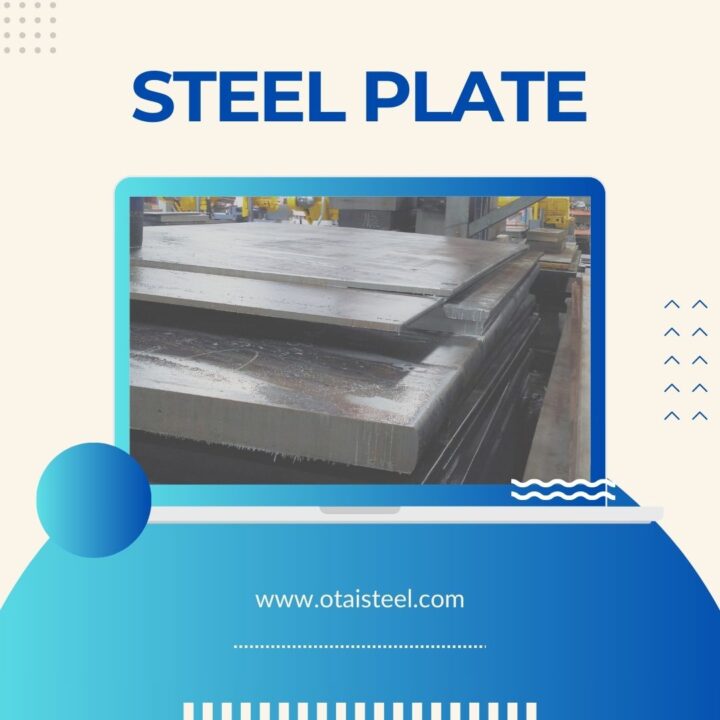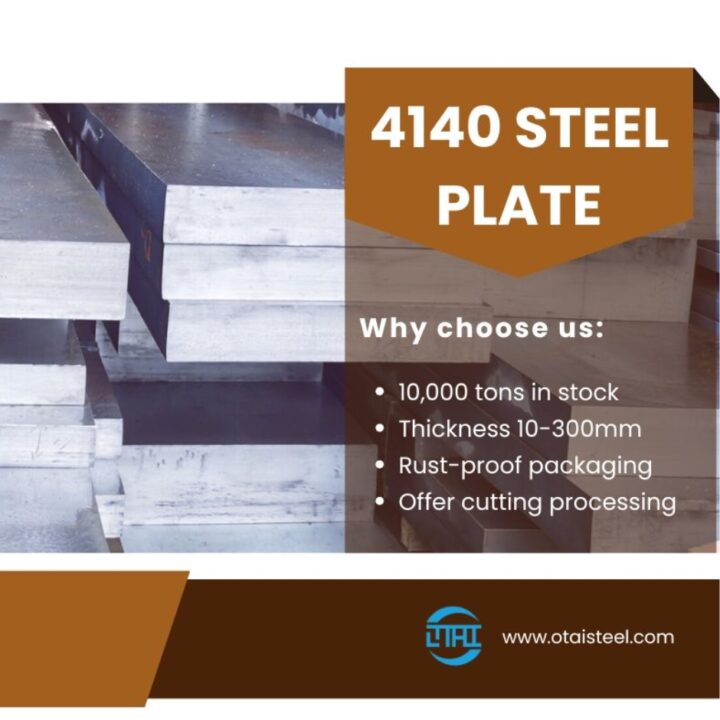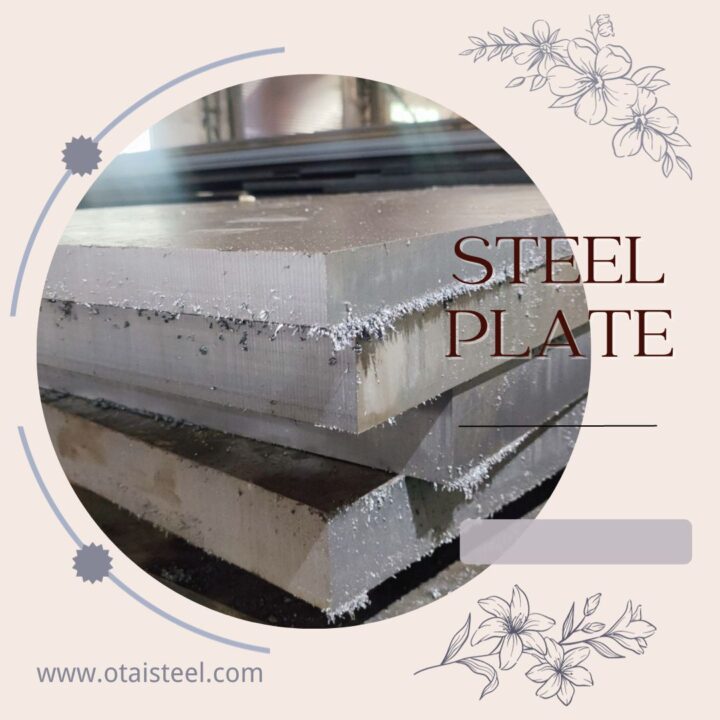4140 alloy steel bar is a popular choice among engineers and manufacturers for its exceptional mechanical properties and adaptability. This alloy steel variant is renowned for its high strength, toughness, and versatility, making it a valuable resource in a multitude of applications.
Characteristics of 4140 Alloy Steel Bar
Before diving into the various applications of 4140 alloy steel bar, let’s understand its key characteristics that set it apart from other materials.
High Strength and Durability
4140 alloy steel bar is celebrated for its remarkable strength. It exhibits a tensile strength of approximately 95,000 psi, making it ideal for applications that require resistance to heavy loads and stress.
Excellent Toughness
In addition to its strength, 4140 alloy steel bar boasts exceptional toughness. This combination of strength and toughness makes it suitable for applications where impact resistance is vital.
Versatility in Heat Treatment
One of the standout features of 4140 alloy steel bar is its adaptability to heat treatment processes. It can be easily annealed, normalized, or quenched and tempered to achieve specific mechanical properties tailored to the intended application.
Machinability and Weldability
4140 alloy steel bar is also known for its good machinability, allowing for easy cutting, drilling, and shaping. Additionally, it is weldable, provided proper welding procedures are followed.
Applications of 4140 Alloy Steel Bar
Now that we’ve explored the characteristics of 4140 alloy steel bar stock, let’s delve into its wide range of applications across different industries.
Automotive Industry
In the automotive sector, 4140 alloy steel bar stock finds its place in the manufacturing of critical components such as crankshafts, axles, and connecting rods. Its high strength and durability contribute to improved engine performance and reliability.
Aerospace Industry
The aerospace industry relies on 4140 alloy steel bar for components that require exceptional strength-to-weight ratios. These components include landing gear parts, engine mounts, and structural elements.
Oil and Gas Industry
Within the oil and gas sector, 4140 alloy steel bar is used for downhole tooling, drill collars, and other equipment that must withstand harsh drilling conditions and high-pressure environments.
Construction and Heavy Machinery
In the construction and heavy machinery industries, 4140 alloy steel bar is a top choice for manufacturing gears, shafts, and other components. Its toughness and resistance to wear make it suitable for heavy-duty applications.
FAQs
- Is 4140 alloy steel bar corrosion-resistant?
- 4140 alloy steel is not inherently corrosion-resistant, but its susceptibility to corrosion can be mitigated through proper coatings or surface treatments.
- What is the typical hardness range of 4140 alloy steel bar stock?
- 4140 alloy steel bar stock typically exhibits a hardness range of 28-32 HRC (Rockwell hardness scale) after heat treatment.
- Can 4140 alloy steel bar be used for making cutting tools?
- While 4140 steel is not typically used for making cutting tools due to its lower hardness compared to tool steels, it can be used for tool holders and fixtures.
- How does 4140 alloy steel bar compare to other alloy steels like 4130 or 4340?
- 4140 alloy steel offers a balance of strength, toughness, and versatility. It has higher strength than 4130 and is more readily available and cost-effective than 4340.
- What are the common heat treatment processes used for 4140 alloy steel bar?
- Common heat treatment processes for 4140 alloy steel include annealing, normalizing, quenching, and tempering, each yielding specific mechanical properties for different applications.
